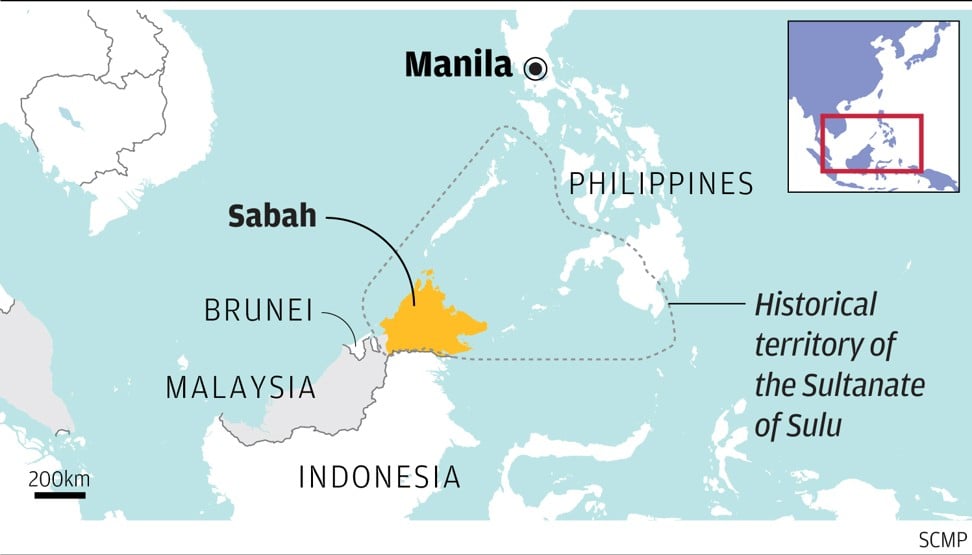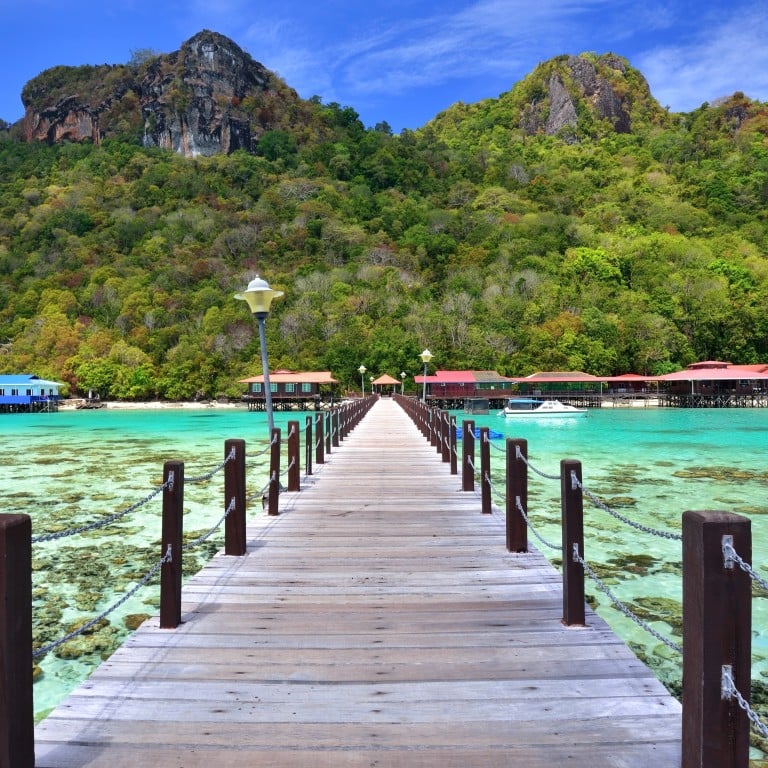
Explainer | What’s behind the revived dispute between Philippines and Malaysia over Sabah?
- Philippine foreign secretary’s ‘Sabah is not in Malaysia’ tweet has prompted criticism from Kuala Lumpur and now both sides have summoned each other’s ambassadors
- The decades-long row takes place even as both countries are working together to stamp out Islamic militancy in their shared waters
Philippine Foreign Secretary Teodoro Locsin Jnr said on Twitter that “Sabah is not in Malaysia if you want to have anything to do with the Philippines”, reacting to a US embassy item describing the area straddling both nations as part of Malaysia.
“This is an irresponsible statement that affects bilateral ties,” Hishammuddin said. “Sabah is, and will always be, part of Malaysia.”
Locsin also said he would summon Malaysia’s ambassador.
“No country can tell another what it can and cannot say about what the latter regards as rightfully its own,” he said on Twitter. “I am summoning the Malaysian ambassador.”
In September 2019, Malaysia had issued a strongly worded statement to the Philippines after Locsin referred to Manila’s “claim” on the state during a congressional budget briefing.
The Malaysian Foreign Ministry, in a statement, warned that any remarks alluding to “anachronistic claims” would be rejected as unfriendly towards Malaysia.
“Malaysia does not recognise and will never entertain any claims by any party on Sabah,” it said.
So why do both countries have a dispute over Sabah?
Where is Sabah?
Sabah is one of Malaysia’s 13 states, located on Borneo, an island which is shared among Malaysia, Indonesia and Brunei. Banggi Island, in Sabah’s north, is less than 80km from the Philippines’ southern Balabac Island.
The state has about 3.9 million people and was a founding member of the Federation of Malaysia in 1963.
Sabah has a wealth of natural resources, including an estimated 1.5 billion barrels of oil and 11 trillion cubic feet of gas reserves. It is also home to some of the world’s best scuba diving sites in the Celebes Sea.
Malaysia rebukes the Philippines for reigniting row over Sabah claim
Although Sabah’s GDP per capita lagged behind much of the country in 2017 at 24,000 ringgit (US$5,755), less than half of neighbouring Sarawak state’s 49,000 ringgit, its economic growth has been a bright spot in the Malaysian economy. Sabah in 2017 had the highest growth in the country, at more than 8 per cent.
Sabah faces persistent security challenges, including attacks from Philippine-based militant groups like Abu Sayyaf. Though kidnapping incidents have declined in the past few years, the US earlier this year listed the area as an increased risk for kidnapping and hostage-taking by criminal and terrorist groups.
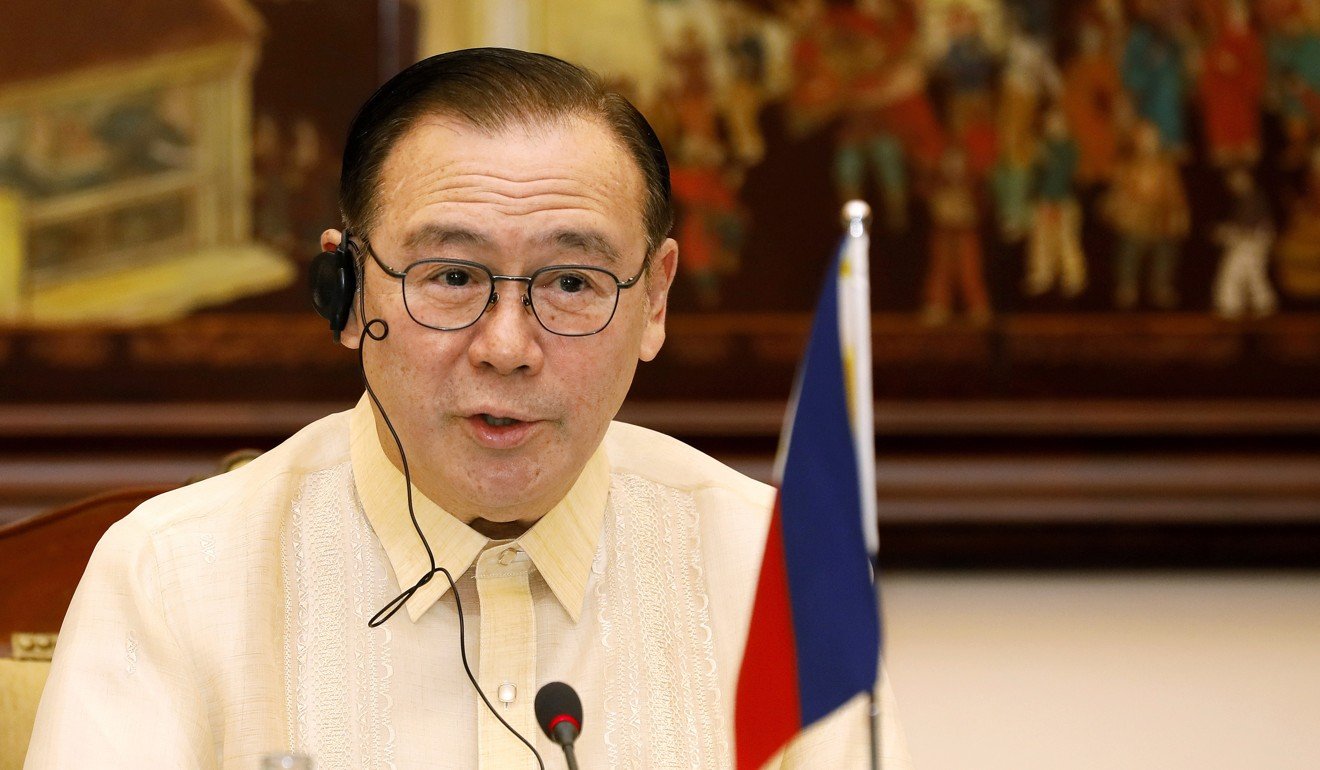
What’s the background of the dispute?
In the 17th and 18th centuries, parts of Sabah’s east were ruled by the Sulu sultanate – a Muslim state which ruled several islands spread across parts of Mindanao, Palawan and Borneo.
The sultanate in 1878 signed an agreement handing the territory over to the North Borneo Chartered Company (NBCC), a British colonial company tasked to exploit the resources in North Borneo.
The Philippines has long claimed that this agreement constituted a lease, rather than a full cession, of the territory to the NBCC.
Malaysia lures Chinese tourists to Sabah state with sun, sand and selfies
Malaysia considers its neighbour’s claim a “non-issue” as Sabah in 1963 – along with neighbouring Sarawak state, and Singapore – became one of the founding states of the Federation of Malaysia, in what Putrajaya maintains was an act of self-determination by Sabah residents.
In 2013, Philippine senator Miriam Defensor Santiago said in a speech to the Philippines’ 18th Congress: “At stake in the dispute over Sabah between the Philippines and Malaysia are two main prizes: natural resources and national security.”
Together, Sabah and Sarawak, also located on Borneo island, generate about 60 per cent of Malaysia’s oil, although according to local media reports, they see only 5 per cent of the revenue under agreements signed in 1975 with oil and gas giant Petronas. Prime Minister Mahathir Mohamad’s Pakatan Harapan coalition promised to raise this number in its election manifesto last year.
Wan Zulkiflee Wan Ariffin, Petronas’ chief executive, in March said the company was in talks with Sarawak petrol firms to work out an arrangement that was acceptable to all parties.
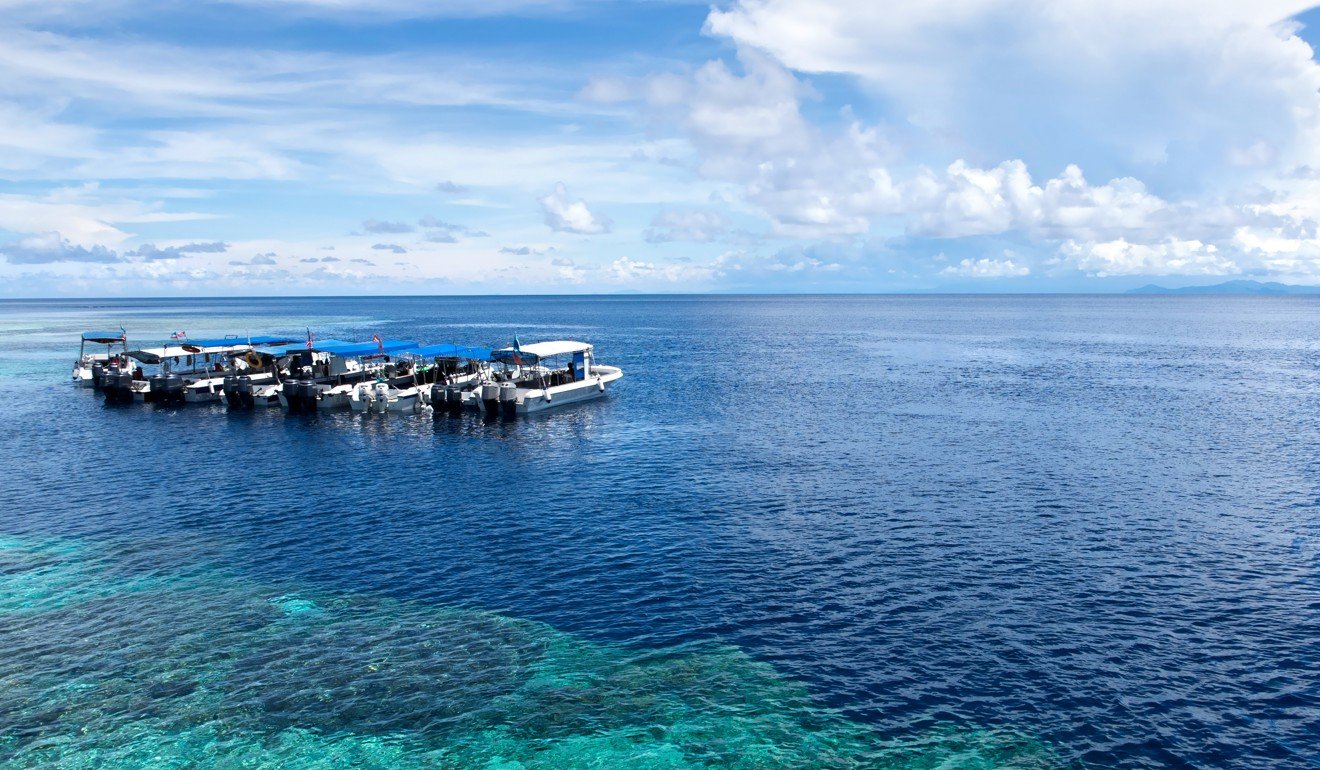
How has the dispute impacted ties between Malaysia and the Philippines?
Claims over the state have been a point of contention between the Southeast Asian neighbours for more than 60 years, and analysts say the issue has often been brought up by Philippines politicians to drum up popular support.
In 2013, about 200 militants from Tawi-Tawi in southern Philippines arrived in Lahad Datu, southeast Sabah, to stake historical claims on the territory on the basis of being descendants from the Sulu sultanate.
The group was led by Jamalul Kiram III, the self-proclaimed “35th Sultan of Sulu and North Borneo”, in what commentators suggested was an attempt to Manila to recognise the Sultanate’s claim to Sabah.
The ensuing clash between the militants and Malaysian security forces, which resulted in the deaths of 60 people, prompted Malaysia to ramp up its security measures in the region.
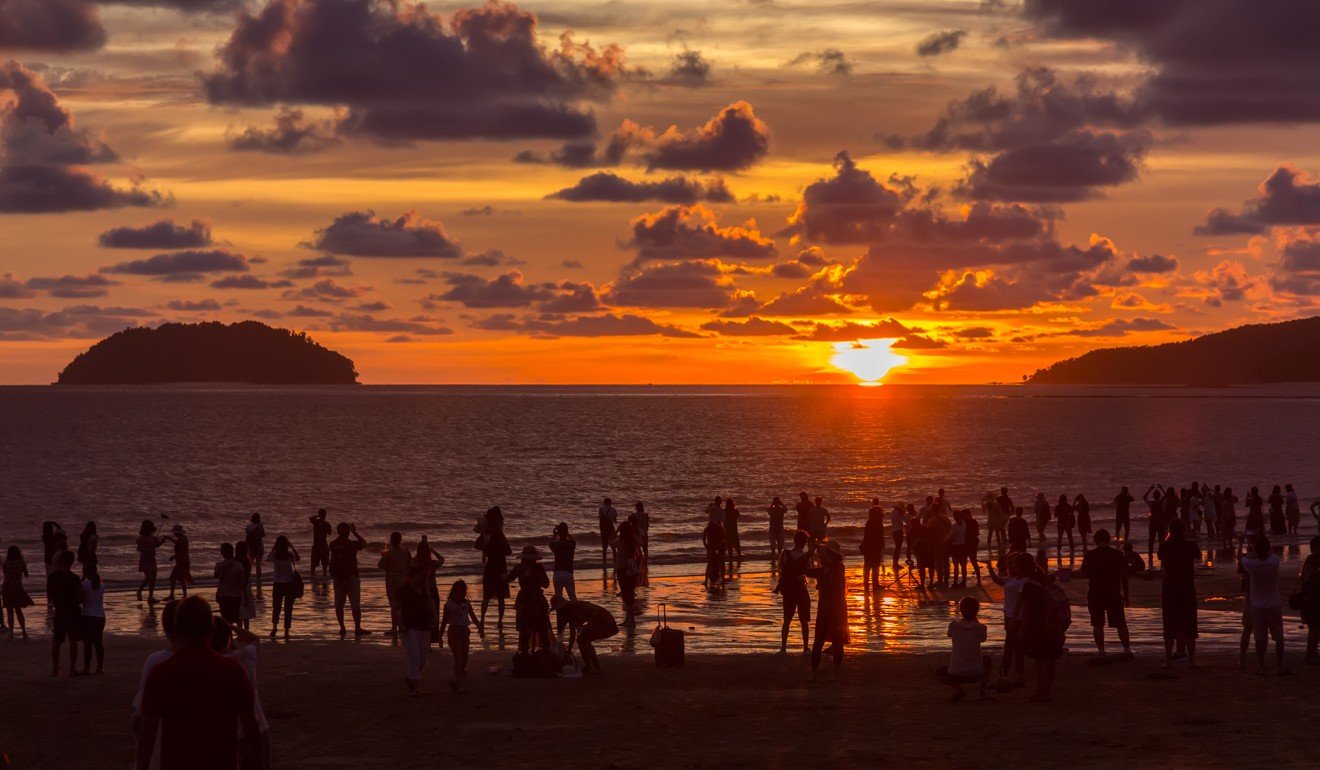
Jay Batongbacal, associate professor of law at University of Philippines, said Malaysia’s worries over the possibility that Filipinos in the region would sympathise with the Sulu sultanate’s claims has led to them facing discrimination and blame for criminal and terrorist activity in Sabah.
According to a report on security in the region by American NGO One Earth Future, Sabah is home to 35 per cent of Malaysia's 3.3 million non-citizens, including a substantial Filipino diaspora.
In the aftermath of the 2013 Lahad Datu incursion and in response to the rise in kidnap-for-ransom activities in the area, Malaysia has boosted its investment in the Eastern Sabah Security Command (ESSCOM). This has helped economic growth in the region, with tourism contributing more than 10 per cent to the state’s economy, according to a report by NGO Stable Seas.
On the Philippines’ side, the aftermath of the Lahad Datu incident has revived popular interest in the nation’s claim to Sabah, said Batongbacal.
Analysts say that lingering disagreement prevents the formalisation of a maritime boundary between the two nations in the Sulu Sea, which has been raised at the International Court of Justice.
Can the row be resolved?
In 2016, the Philippines, Malaysia and Indonesia signed the Trilateral Cooperation Arrangement that sees their navies working together to clamp down on Islamic militants in the Sulu Sea.
The agreement has been effective at managing illegal activity in the area, said Batongbacal, adding all three members are “making do with what they have in terms of equipment and bases”.


